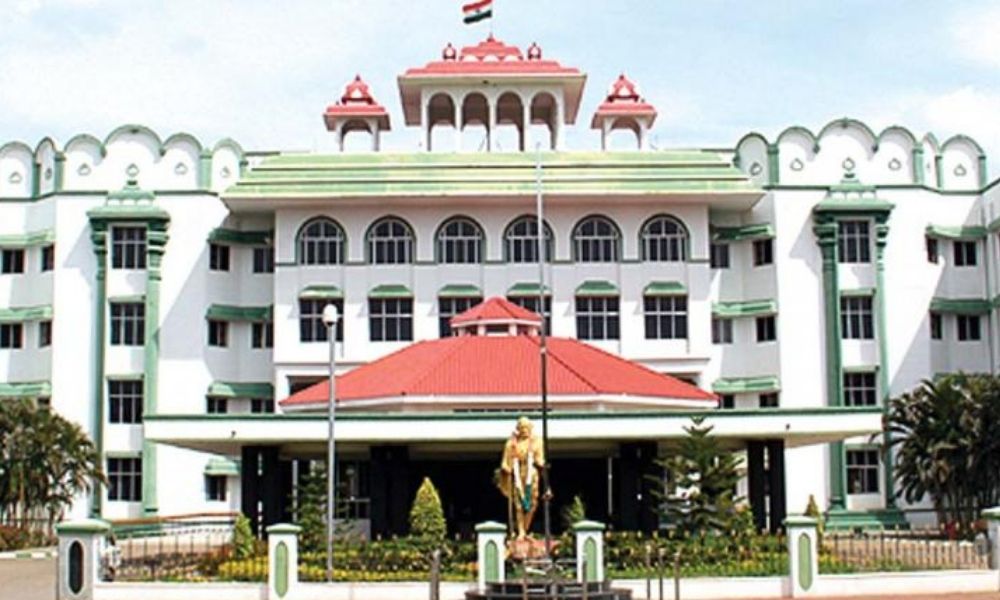Prerna Gala
Published on: September 7, 2022 at 16:11 IST
The Madurai Bench of the Madras High Court dismissed a number of petitions that had been filed in opposition to a Tamil Nadu (TN) Government Order (GO) that gave ‘in-service’ physicians preference for post-graduate medical admissions in State-run medical institutions.
The State’s argument had substance, and Justice GR Swaminathan concluded that the case did not call for the court to become involved.
The bench noted that the, “Following a decision of the Supreme Court, it was held that the State does have power to provide for a separate quota for in-service doctors, as a separate source of entry in medical education, while filling up Postgraduate seats in medical education, from within the State quota,”
Four doctors signed the petition and said that the GO’s implementation had an “arbitrary, unjustified, and disproportionate” impact.
The GO, which was released on November 7, 2020, reserves 50% of seats for in-service physicians seeking admission to postgraduate medical programmes in government-run and independently funded healthcare facilities around the state.
The GO also allowed physicians who are currently working to apply simultaneously under the general category.
In-service physicians are health care providers who have previously held government positions, worked in rural areas, or participated in any other government hospitals or health facilities.
The information that the petitioners had obtained in response to their requests made under the Right to Information Act was presented in court by the petitioners.
According to the responses, 294 out-of-service physicians and 859 practicing physicians in the state’s government medical institutions received seats during counselling for the academic year 2021–2022.
The petitioners claimed that after comparing the aforementioned data to those from the three years prior—2018–2019, 2019–2020, and 2020–2021—they discovered that the in-service doctors received “unreasonable and disproportionate” benefits as a result of the reservation policy.
The State government’s additional Advocate General, J Ravindran, contested the arguments.
He contended that the claims could not stand since the Supreme Court had ruled in March 2022 and a division bench of the High Court had ruled in January 2022 that the state had the authority to make such a reservation.
After hearing from the parties, the bench declined to discuss the validity of these numbers and noted that, in its order from January 27, the division bench of the High Court had declined to get involved in the case on the grounds that the GO was a recent one and that not enough time had passed to evaluate the benefits and drawbacks of such seat reservations for in-service doctors.
“The Division Bench wanted to see how the implementation would pan out in the future. Therefore, the data collected in respect of the first year of the implementation of the policy cannot be the basis for maintaining this petition.”
“The liberty granted by the Division Bench can be invoked only if the petitioners can show a pattern of disproportionate impact,” observed the bench.

